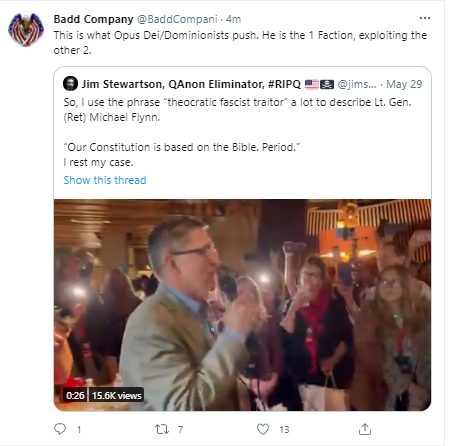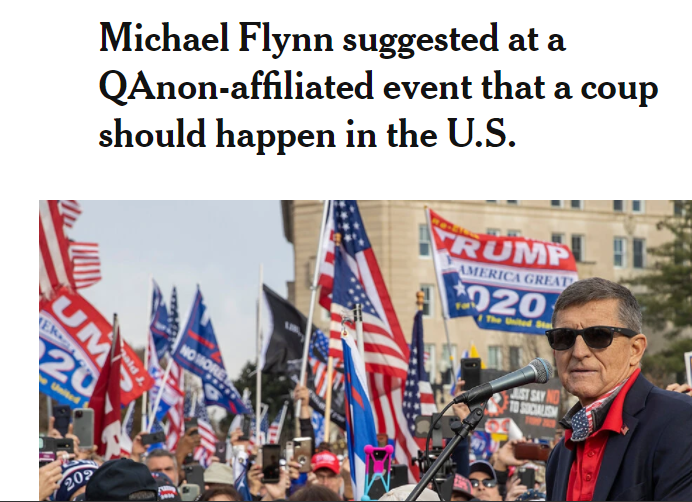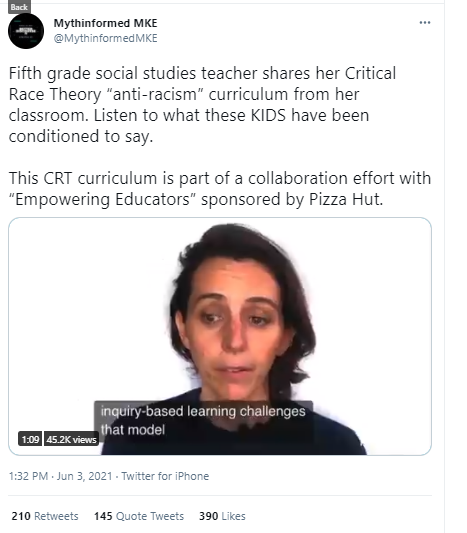The New Partisan ACLU
This change of de facto mission has been obvious for years. The ACLU is now unapologetically partisan, which is in sharp conflict with its stated principles. This NYT new coverage of this change is better late than never.
"It was supposed to be the celebration of a grand career, as the American Civil Liberties Union presented a prestigious award to the longtime lawyer David Goldberger. He had argued one of its most famous cases, defending the free speech rights of Nazis in the 1970s to march in Skokie, Ill., home to many Holocaust survivors.Mr. Goldberger, now 79, adored the A.C.L.U. But at his celebratory luncheon in 2017, he listened to one speaker after another and felt a growing unease.
"I got the sense it was more important for A.C.L.U. staff to identify with clients and progressive causes than to stand on principle,” he said in a recent interview. “Liberals are leaving the First Amendment behind.”
The A.C.L.U., America’s high temple of free speech and civil liberties, has emerged as a muscular and richly funded progressive powerhouse in recent years, taking on the Trump administration in more than 400 lawsuits. But the organization finds itself riven with internal tensions over whether it has stepped away from a founding principle — unwavering devotion to the First Amendment."
The NYT piece offers this compelling evidence in support:
Since Mr. Trump’s election, the A.C.L.U. budget has nearly tripled to more than $300 million as its corps of lawyers doubled. The same number of lawyers — four — specialize in free speech as a decade ago.
As I've pointed out many times, the legacy media take-over by social justice/woke partisanship mirrors the take-over of the ACLU. Good to see the NYT finally look into the mirror and ask itself some simple questions about its own mission. That had to happen in order for this ACLU article to find the light of day.



